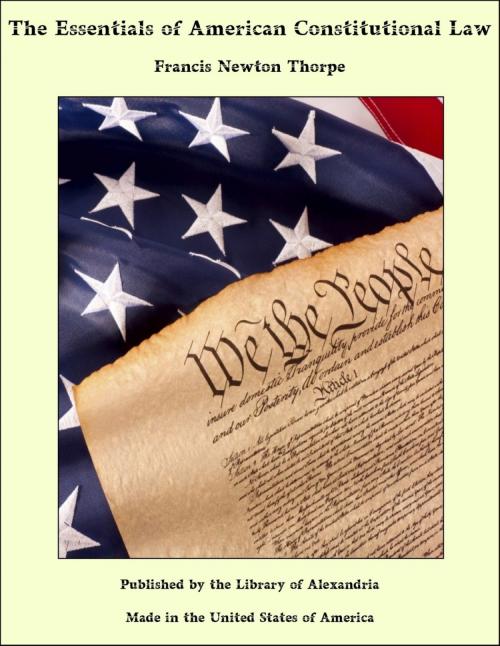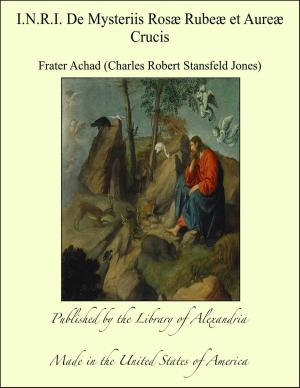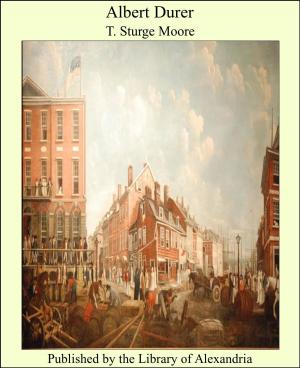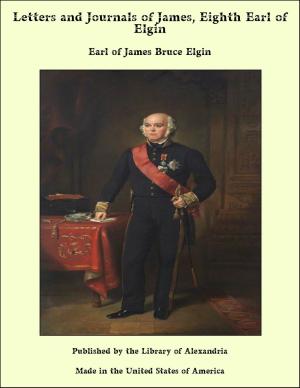The Essentials of American Constitutional Law
Nonfiction, Religion & Spirituality, New Age, History, Fiction & Literature| Author: | Francis Newton Thorpe | ISBN: | 9781465617316 |
| Publisher: | Library of Alexandria | Publication: | March 8, 2015 |
| Imprint: | Language: | English |
| Author: | Francis Newton Thorpe |
| ISBN: | 9781465617316 |
| Publisher: | Library of Alexandria |
| Publication: | March 8, 2015 |
| Imprint: | |
| Language: | English |
1. The supreme law of the land is the Constitution, and acts of Congress and treaties made under its authority. By this supreme law the judges in every State are bound, “anything in the constitution or laws of any State to the contrary notwithstanding.” All legislative, executive, and judicial officers both of the United States and of the several States are bound by oath or affirmation to support the Constitution, and in our actual government, every administrative official, State or national, is bound in like manner. Aliens becoming American citizens by naturalization,—by which they disavow allegiance to any other sovereignty,—solemnly bind themselves, by oath or affirmation, to support the Constitution. Every citizen is impliedly under oath to support the Constitution. 2. Such supremacy of the Constitution is essential to American sovereignty. The people of the United States ordained and established this supreme law. They are sovereign. The oath or affirmation to support it is the formal and sovereign promise of fidelity to that sovereign, to any sovereign, or quasi-sovereign,—for example, to England, France, or a State in the American Union. The supreme law of a sovereignty,—its “constitution,” may be written, like ours, or partly unwritten, as the British constitution. The essential fact is of the supremacy of the law because of the sovereignty of the law-giver. 3. The laws of the United States are made by Congress and the President, or by Congress alone over his veto. The laws of a State are made by its legislature and governor, or by the legislature alone over his veto; but Congress, the President, State legislature and governors are only agents of their sovereign: they possess derivative, not original, powers; they represent sovereignty. The American sovereign is “We the People” of the United States, and for many purposes, “We the People” of the respective States. All government in America is representative government. The sovereign makes laws through its agents or representatives. No other method is possible in a sovereignty conceived and operating as ours. Whether the law thus formulated be a constitution,—national or State,—an act of Congress or of Assembly, it is an expression, on the principle of agency, of the will of the sovereign. The Convention that frames a constitution is an agent of sovereignty; the Congress or State Legislature that enacts a law is an agent of that sovereignty, and that sovereignty prescribes through its agents the method of ratifying and administering that law. Through other agents, e. g., the judiciary, that sovereignty interprets constitutions and laws. Legislative, executive, judicial, and administrative officials constitute the governmental group, the public servants to whom, for a term, the sovereign delegates some of its powers. The members of this group are agents of the sovereign and are answerable to that sovereign as is the agent to his principal.
1. The supreme law of the land is the Constitution, and acts of Congress and treaties made under its authority. By this supreme law the judges in every State are bound, “anything in the constitution or laws of any State to the contrary notwithstanding.” All legislative, executive, and judicial officers both of the United States and of the several States are bound by oath or affirmation to support the Constitution, and in our actual government, every administrative official, State or national, is bound in like manner. Aliens becoming American citizens by naturalization,—by which they disavow allegiance to any other sovereignty,—solemnly bind themselves, by oath or affirmation, to support the Constitution. Every citizen is impliedly under oath to support the Constitution. 2. Such supremacy of the Constitution is essential to American sovereignty. The people of the United States ordained and established this supreme law. They are sovereign. The oath or affirmation to support it is the formal and sovereign promise of fidelity to that sovereign, to any sovereign, or quasi-sovereign,—for example, to England, France, or a State in the American Union. The supreme law of a sovereignty,—its “constitution,” may be written, like ours, or partly unwritten, as the British constitution. The essential fact is of the supremacy of the law because of the sovereignty of the law-giver. 3. The laws of the United States are made by Congress and the President, or by Congress alone over his veto. The laws of a State are made by its legislature and governor, or by the legislature alone over his veto; but Congress, the President, State legislature and governors are only agents of their sovereign: they possess derivative, not original, powers; they represent sovereignty. The American sovereign is “We the People” of the United States, and for many purposes, “We the People” of the respective States. All government in America is representative government. The sovereign makes laws through its agents or representatives. No other method is possible in a sovereignty conceived and operating as ours. Whether the law thus formulated be a constitution,—national or State,—an act of Congress or of Assembly, it is an expression, on the principle of agency, of the will of the sovereign. The Convention that frames a constitution is an agent of sovereignty; the Congress or State Legislature that enacts a law is an agent of that sovereignty, and that sovereignty prescribes through its agents the method of ratifying and administering that law. Through other agents, e. g., the judiciary, that sovereignty interprets constitutions and laws. Legislative, executive, judicial, and administrative officials constitute the governmental group, the public servants to whom, for a term, the sovereign delegates some of its powers. The members of this group are agents of the sovereign and are answerable to that sovereign as is the agent to his principal.















